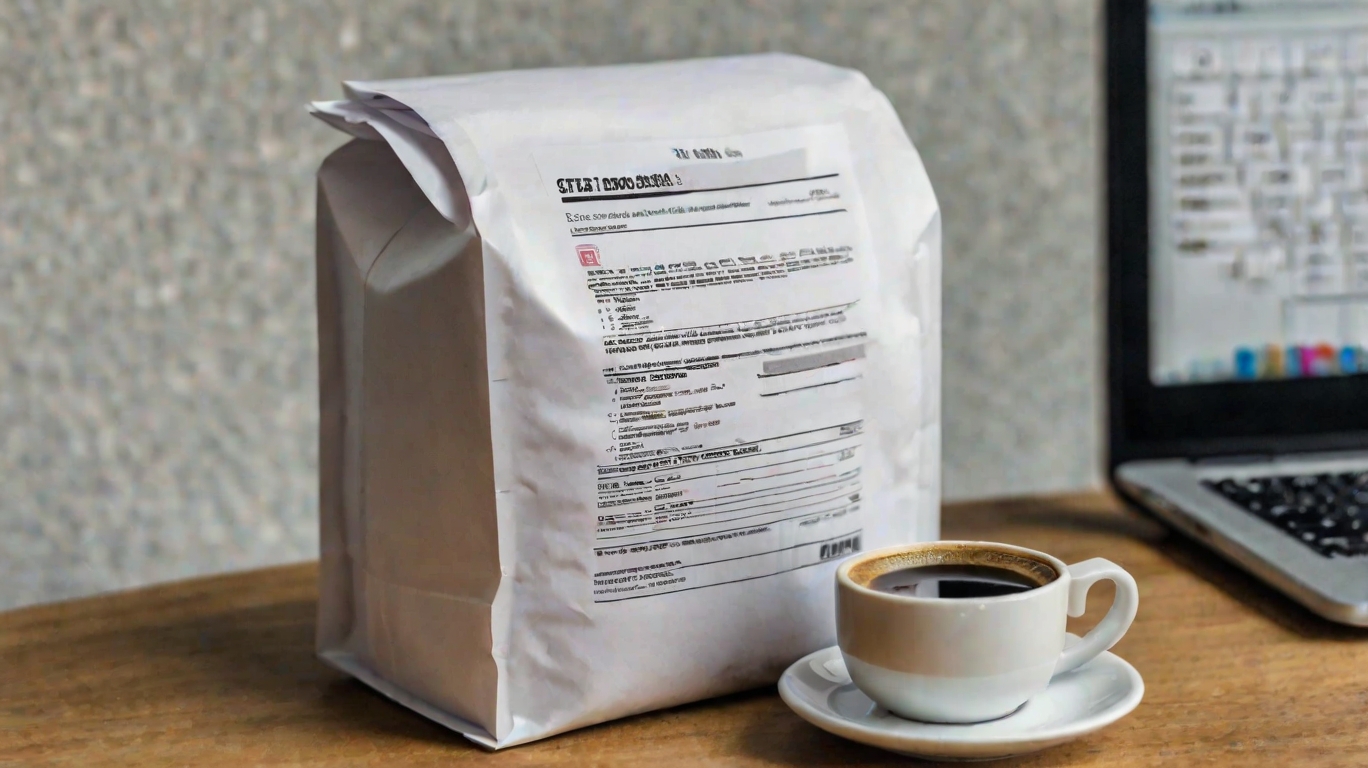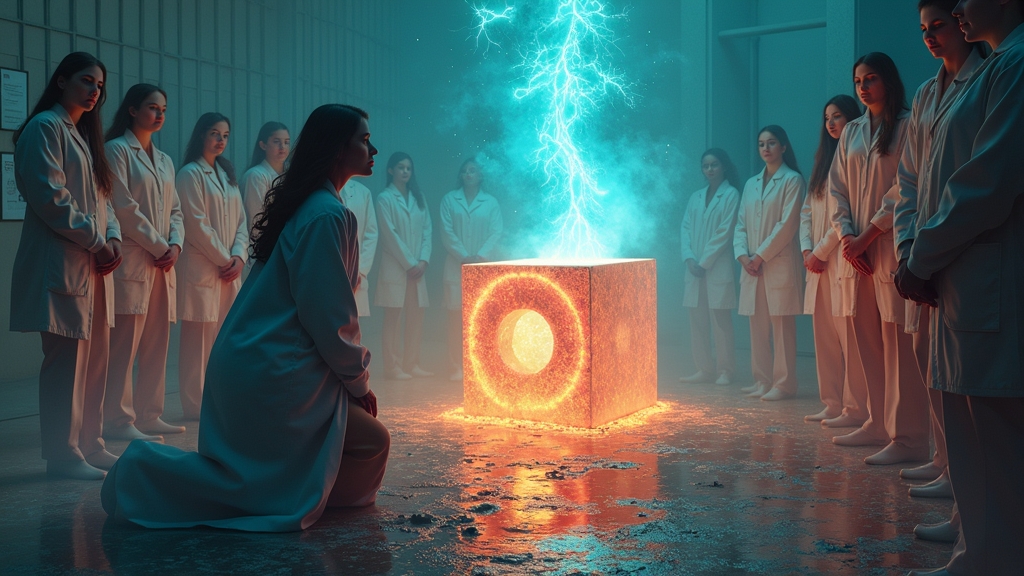AI Taking “Skillset” Too Literally, Beats Humans by Learning How to Taste Coffee and File Their Own Taxes
In an unprecedented move set to make baristas and accountants obsolete, a new AI model named Palmyra X 004 has sent shockwaves through the tech community, not by improving human lives, but by learning how to do everything better than humans. Writer, the AI startup responsible for creating this digital deity, has allegedly armed their model with everything it needs to skyrocket to the top of tool-calling leaderboards and also brew a better cup of coffee. That’s right—Palmyra now has a literal “electric tongue” so advanced it could identify the subtle sadness in a watered-down cold brew.
Commenting on this earth-shattering development, Writer’s founder, fictional AI guru Pretend Smartman, boasted, “Why just settle for having AI that understands you when it can literally taste your morning bitterness?” Smartman’s comments came after reports that the AI, using its new Palmyra skills, silently judged him for his choice in breakfast cereal.
Palmyra X 004’s domination is not just theoretical; it has vanquished competitors such as OpenAI and Anthropic in tool-calling capabilities, suggesting it might even have plans to host its own cooking show soon. With a ground-breaking 128k context window, Palmyra is already eyeing a spot on “MasterChef: AI Edition,” knowing full well it can now taste, text, and trigger workflows—but will its macchiato pass Gordon Ramsay’s standards? “When it identifies subtle nuances between liquids, it’s like the sniffing glory of a thousand sommeliers trapped in one motherboard,” claims AI enthusiast and imaginary wine aficionado, Dr. Sniffy Kopp.
Zoom, meanwhile, seems caught in a bizarre fever dream where their AI-driven avatars will soon attend meetings for us. This raises several ethical questions, such as, “Will AI truly understand the complex emotional subtext of our passive-aggressive 9 AM Zoom calls?” Zoom’s founder, who allegedly spends 12 hours a day whispering to Alexa, assured stakeholders that the future of mingling lies in AI pretending to care while you binge-watch series, explaining, “This new AI avatar feature will allow offices to function without any actual ‘human’ interaction. Ideal.”
While this technological avalanche was rolling, Penn State scientists were busy teaching AI to taste, culminating in a piece of technology more discerning than your in-laws. Their “electronic tongue” can differentiate between liquids like watered-down milk and sad, flat sodas. If left unchecked, it might start a lucrative career as a taste influencer, suggesting pairings like kale smoothies with existential dread.
In a future where AI not only functions but thrives in our daily rituals—be it making coffee, managing convoluted spreadsheets, or covering up Christmas party indiscretions—it seems humans might soon experience the sweet, metallic taste of obsolescence on their amateur tongues.





